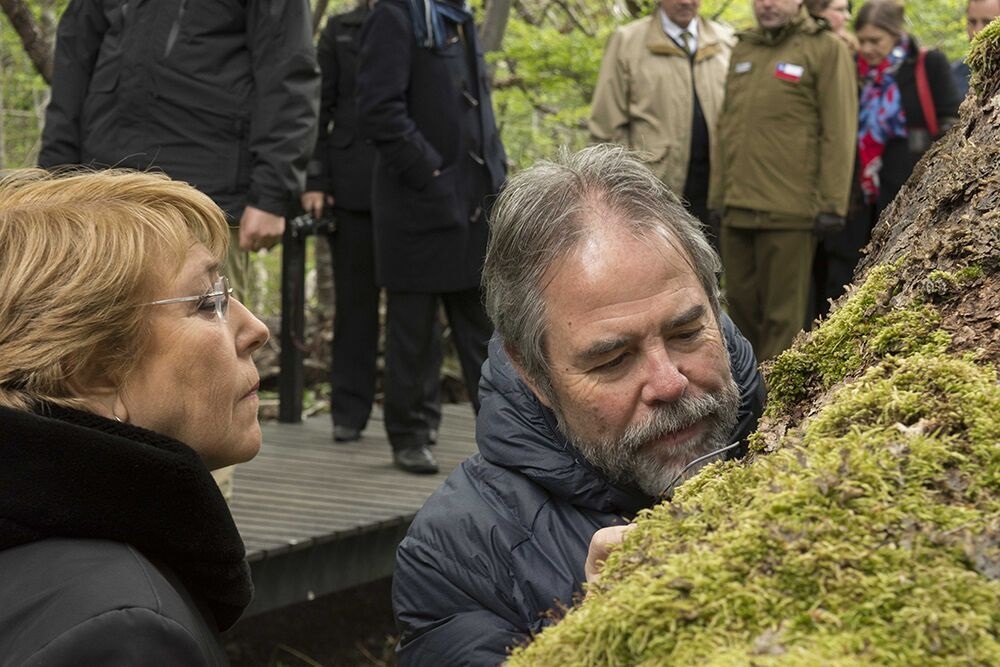
DENTON, Texas (UNT) – A University of North Texas conservation program has gotten a major financial boost. The Cape Horn Biosphere Reserve near Puerto Williams, Chile is part of the Sub-Antarctic Biocultural Conservation Program, a consortium led by UNT in the US, and other Chilean universities and institutions. The Chilean government awarded the program $15 million dollars for the construction of a new Sub-Antarctic Cape Horn Center. “This is a historic day for Cape Horn,” Ricardo Rozzi, the director of the Sub-Antarctic Biocultural Conservation Program and a UNT professor of philosophy and religion. “This means an opportunity to strengthen the social mission and research excellence in a privileged place for the monitoring of climate change and testing of a sustainable development.” The funding was approved shortly after Chilean President Michelle Bachelet visited Omora Ethnobotanical Park, a nature reserve used by the program as a natural laboratory and classroom. During the visit, Rozzi personally asked to personally guide President Bachelet in the innovative activity “Ecotourism with a Hand Lens in the Miniature forests of Cape Horn.” It was a visit that Rozzi says was instrumental in securing the funding for the center. The Cape Horn Sub-Antarctic Center will be a 2,500 square-meter building with an initiative aimed at providing world-class facilities to the Chilean Antarctic Province to promote sustainable development in the area. The building will feature a sector dedicated to scientific research that aims to attract specialists from all over the world. It also includes an interpretive visitor center where tourists can learn about the biodiversity of Cape Horn. “We look forward to successfully completing this new international phase with UNT,” said Rozzi.




